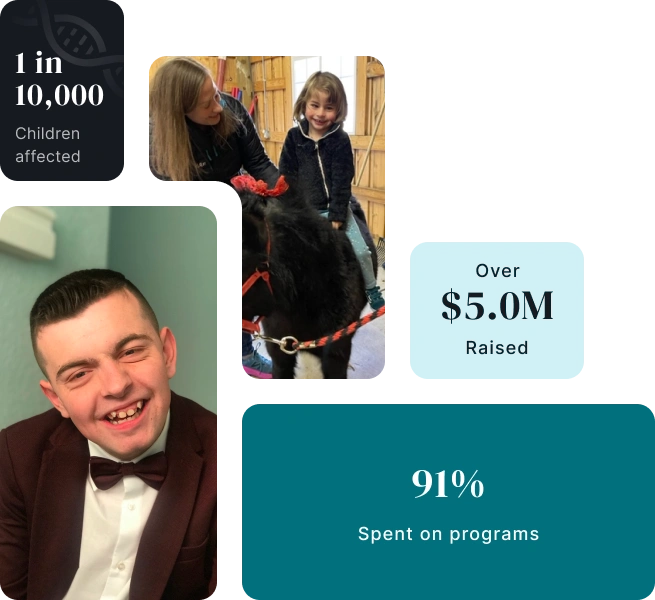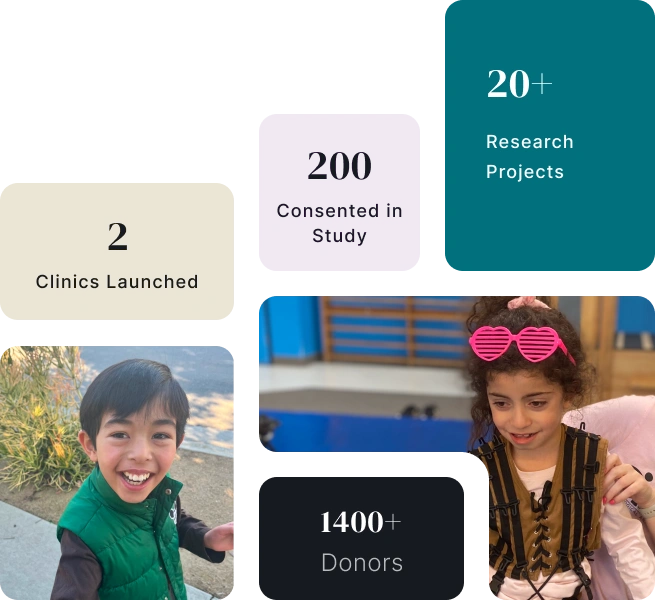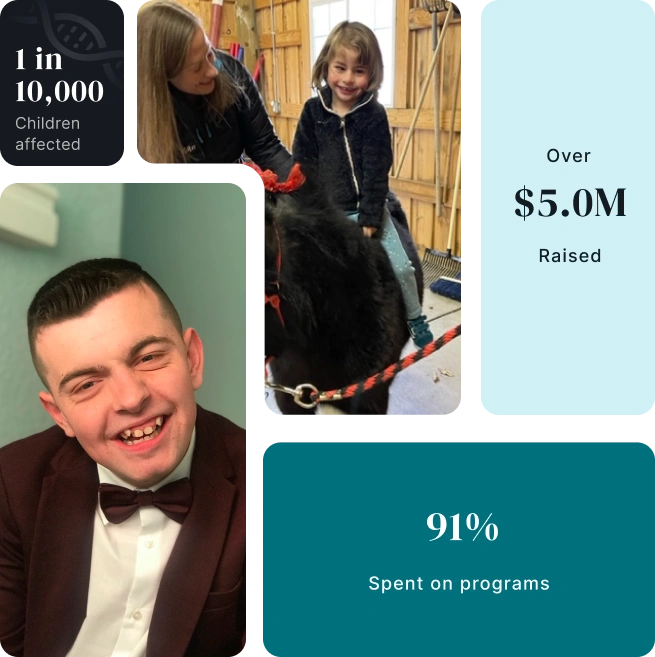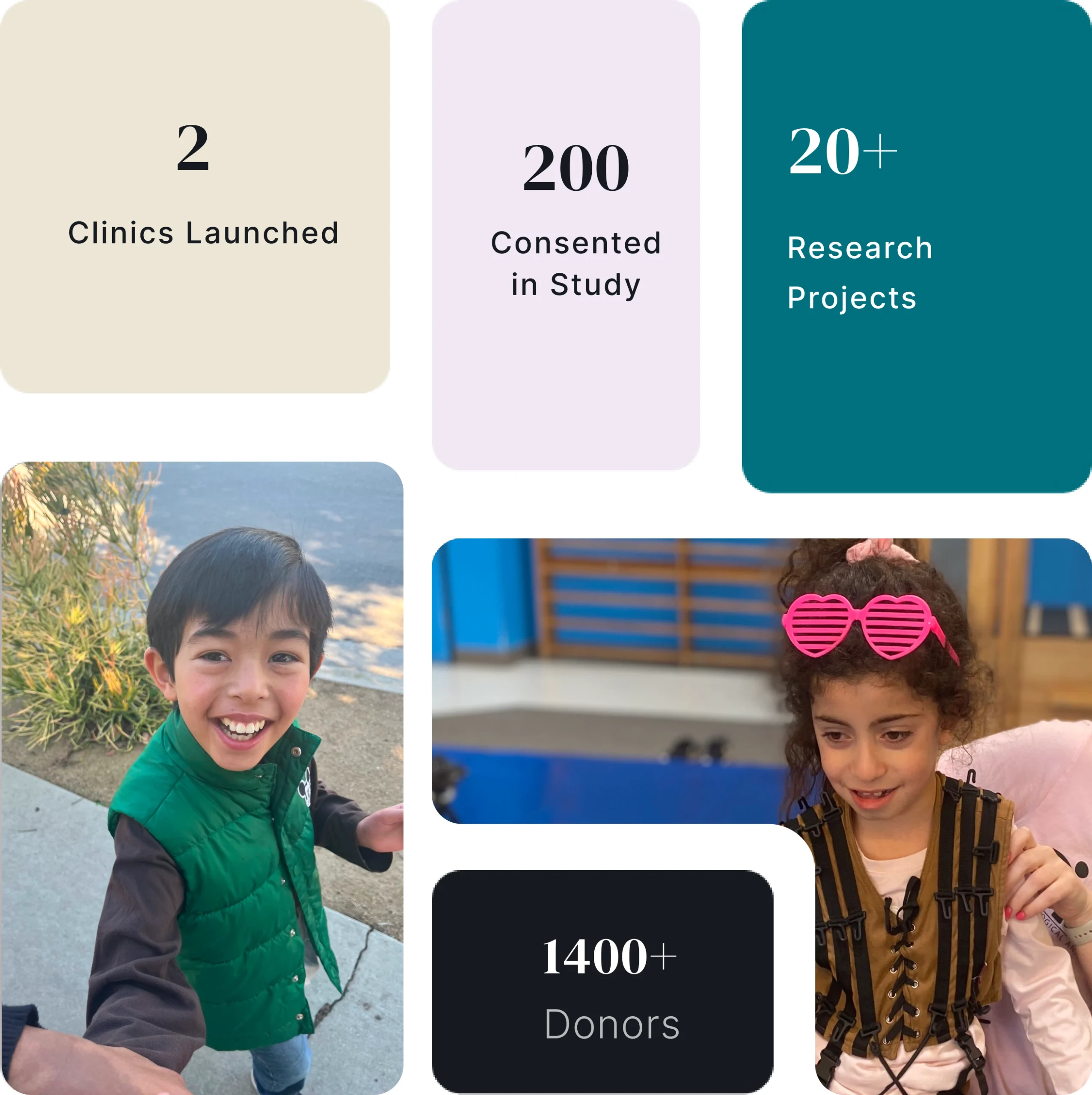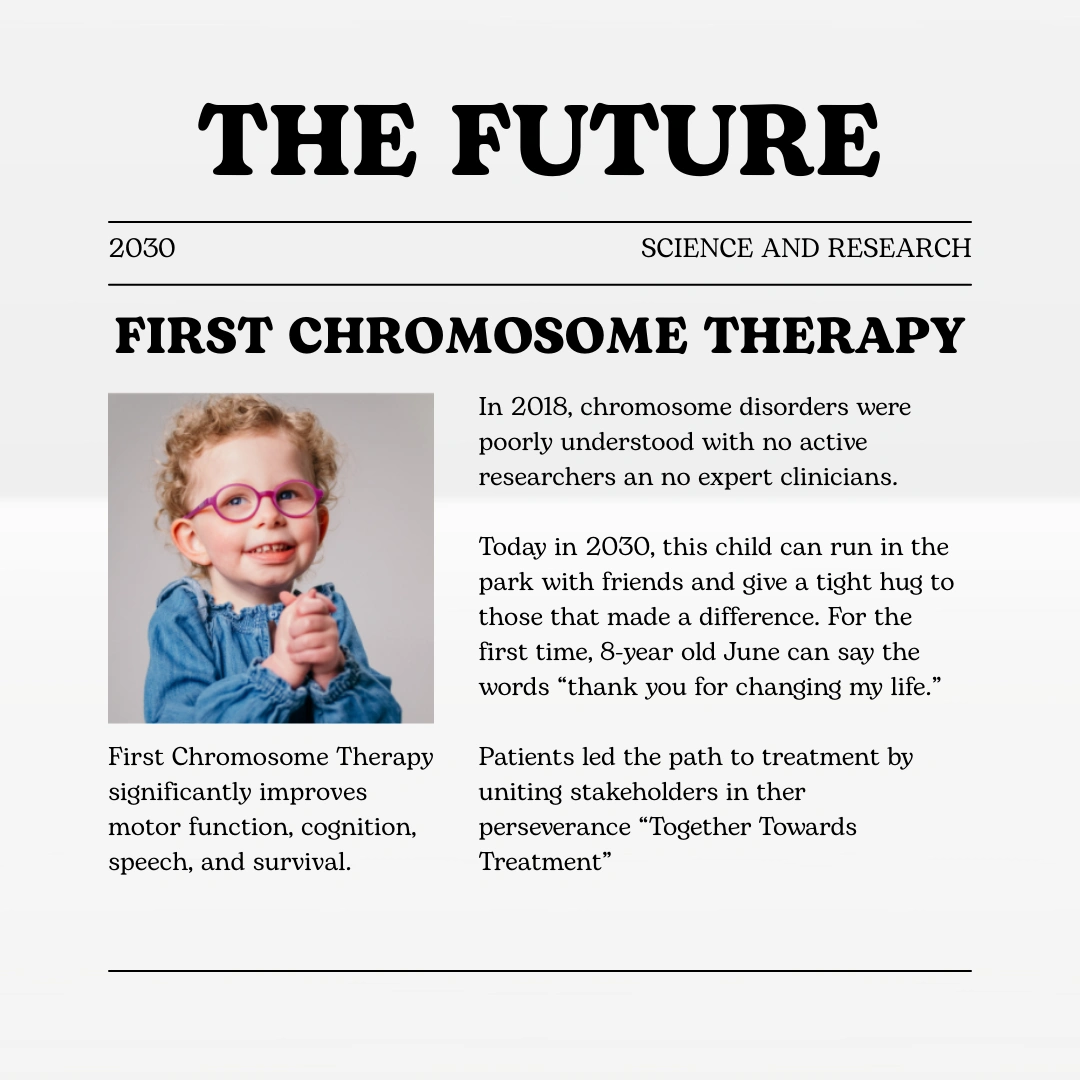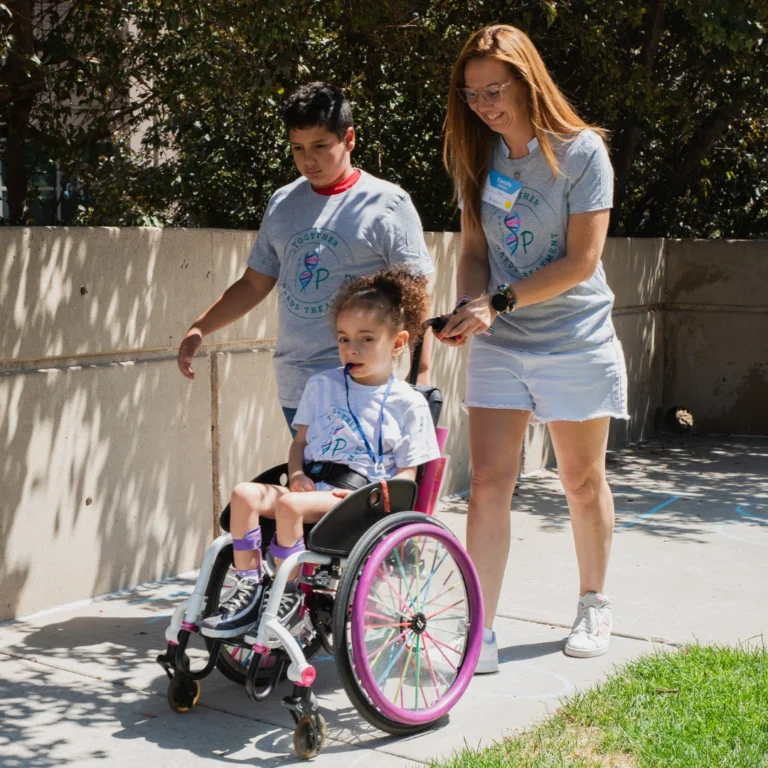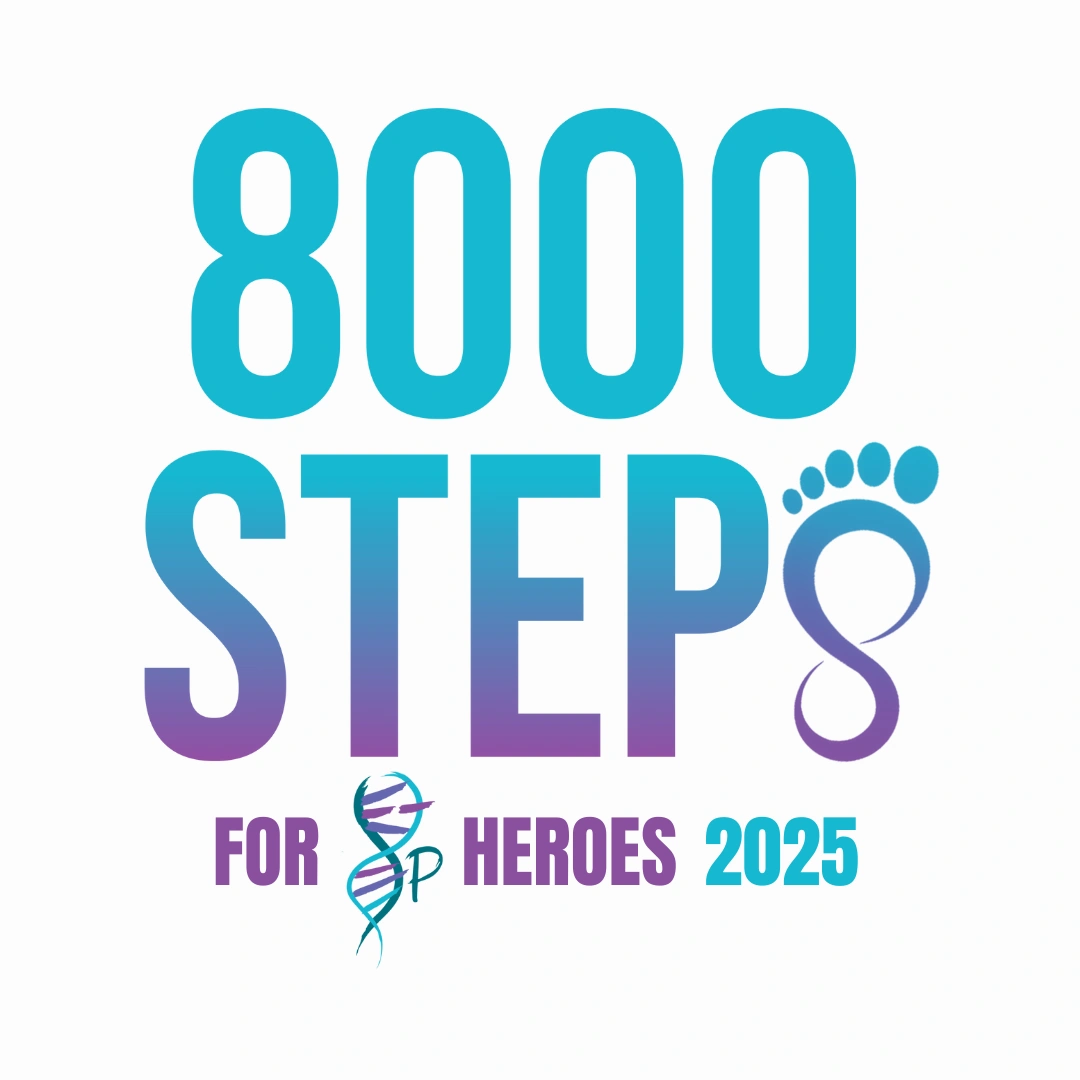Chromosome 8P
- Meet the heroes
- 8p Genetics
- 8p Symptoms
- Chromosome 101
- Rare decease fact
For Families
- 8 Steps for new member
- My hero iniative
- Welcome to Project 8p
- Peer Parent Program
- Family Friendly, Community Research Updates
- Get Involved
- Events
- Newsroom
- Shop
Join Cause
- Ways to give
- Shop For 8p
- Sponsors
Research
Providers
- neurogenetic multidisc clinic
- TeleEcho Model for Professionals
- Clinic Publications


